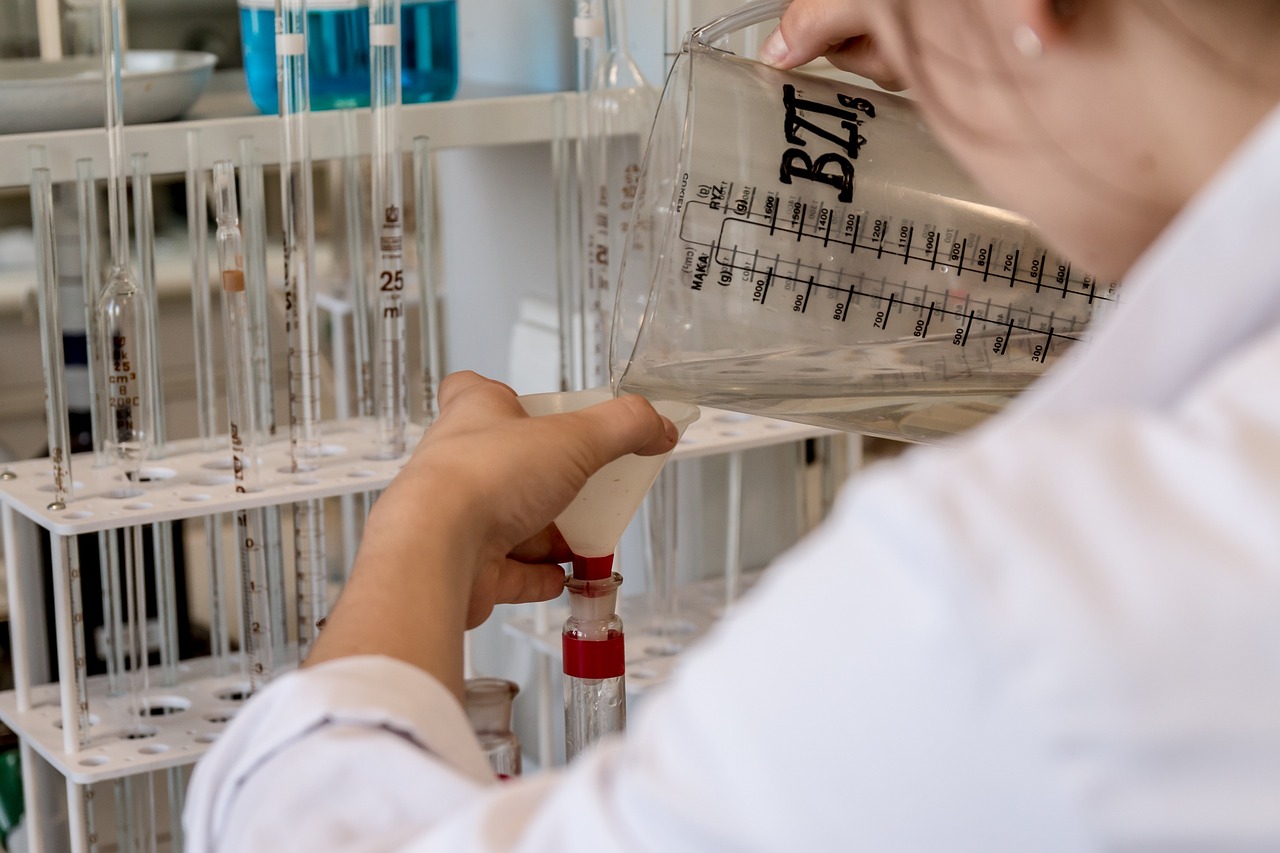Safety and performance are the cornerstones of every product and structure we depend on in today's world of rapid innovation. Understanding how materials will behave under various circumstances is essential, whether those materials are made of plastic in medical equipment, metal in bridges, or composites in airplanes. Materials Testing Labs are crucial in this situation.
In order to ascertain how materials respond to stress, heat, pressure, corrosion, and other environmental factors, these labs offer comprehensive material analysis. These labs make sure that materials satisfy the necessary requirements before they are employed in real-world applications, ranging from aerospace and healthcare to construction and automobiles.
Understanding Materials Testing Labs
Materials Testing Labs are specialist establishments that use a variety of testing techniques to assess the characteristics and behavior of materials. These tests assist engineers, product designers, and manufacturers in making well-informed choices on the design and selection of materials. These labs guarantee that materials fulfill safety, durability, and quality standards thanks to their cutting-edge machinery and knowledgeable personnel.
How Materials Are Tested
These labs often employ testing techniques that fall into one of two categories: destructive or non-destructive. Non-destructive testing looks at a material's internal and external properties without causing harm, whereas destructive testing aims to determine a material's limits by applying stress until it breaks. Both methods provide important information on a material's strength, flexibility, durability, and performance in different scenarios.
Tensile strength, impact resistance, fatigue limitations, corrosion behavior, and many other characteristics can be ascertained by these tests. They are crucial for forecasting a material's behavior over time or in particular conditions, including intense heat, moisture, or chemicals.
The Importance of Materials Testing Labs
Materials testing labs do much more than only evaluate a material's strength. These laboratories are essential for maintaining public safety, fostering innovation, and assisting companies meet demanding industry standards. Without them, industries would be in serious danger of material failures that might result in loss of life, property damage, or even financial loss.
Every significant engineering project, from skyscrapers and bridges to automobiles and aircraft, depends on materials that have been validated and successfully tested. By spotting flaws before they become practical issues, these tests help lower the chance of disastrous failures.
Quality Assurance and Consistency
For any firm, maintaining manufacturing quality and consistency is of utmost importance. By examining raw materials and completed goods for flaws or irregularities, materials testing labs play a crucial part in this. Manufacturers can guarantee that every product satisfies the necessary standards and requirements by detecting differences in material quality early on.
The reputation of the brand and consumer trust are enhanced by this constancy. Additionally, it lowers product recalls, repairs, and returns, ultimately saving companies money and time.
Supporting Regulatory Compliance
Today's industries work in a highly regulated setting. Compliance is necessary, ranging from government and business requirements to ISO and ASTM standards. By certifying materials for performance and safety, Materials Testing Labs assist businesses in meeting these regulatory requirements.
Obtaining contracts, passing audits, and accessing international markets frequently require this accreditation. Businesses risk fines, legal problems, or even product sales bans in some areas if lab-based verification isn't used.
Enabling Innovation and Research
Materials testing is crucial for research and development in addition to compliance and safety. These labs are used by scientists and engineers to test novel materials, find better substitutes, and improve already-existing goods. Innovations in high-strength alloys, corrosion-resistant coatings, lightweight composites, and other areas result from this research.
In industries like electronics, aircraft, healthcare, and renewable energy, these inventions frequently lead to revolutionary changes. It would be impossible to validate or implement these developments without trustworthy data from testing labs.

Failure Analysis and Problem Solving
Determining the underlying reason of a product or construction failure is crucial. Materials Testing Labs use forensic analysis of malfunctioning components to offer insightful information. This kind of research determines whether the problem resulted from design defects, environmental exposure, inappropriate treatment, or material fatigue.
These labs assist businesses in avoiding similar problems in subsequent initiatives by identifying the precise cause of failure. Better designs, better products, and more robust industrial procedures result from this.
Looking Ahead: The Future of Materials Testing
As materials evolve and industries adopt new technologies, Materials Testing Labs are also transforming. Automation, AI, and advanced data analytics are being integrated into testing processes. These innovations enhance the speed, accuracy, and depth of analysis, allowing labs to provide even more value to manufacturers and researchers.
Sustainability is another emerging focus. Eco-friendly testing practices, energy-efficient lab operations, and greener materials are shaping the future of the industry. The push toward environmentally responsible production will rely heavily on materials testing to ensure new materials are both effective and sustainable.
Conclusion
Materials Testing Labs are more than just testing centers—they are the guardians of quality, safety, and innovation. They help industries validate the performance of materials, ensure compliance with global standards, and support breakthroughs in product development.
As materials become more complex and demands for safety and sustainability grow, the role of these labs will continue to expand. In a world built on materials, their importance cannot be overstated.

